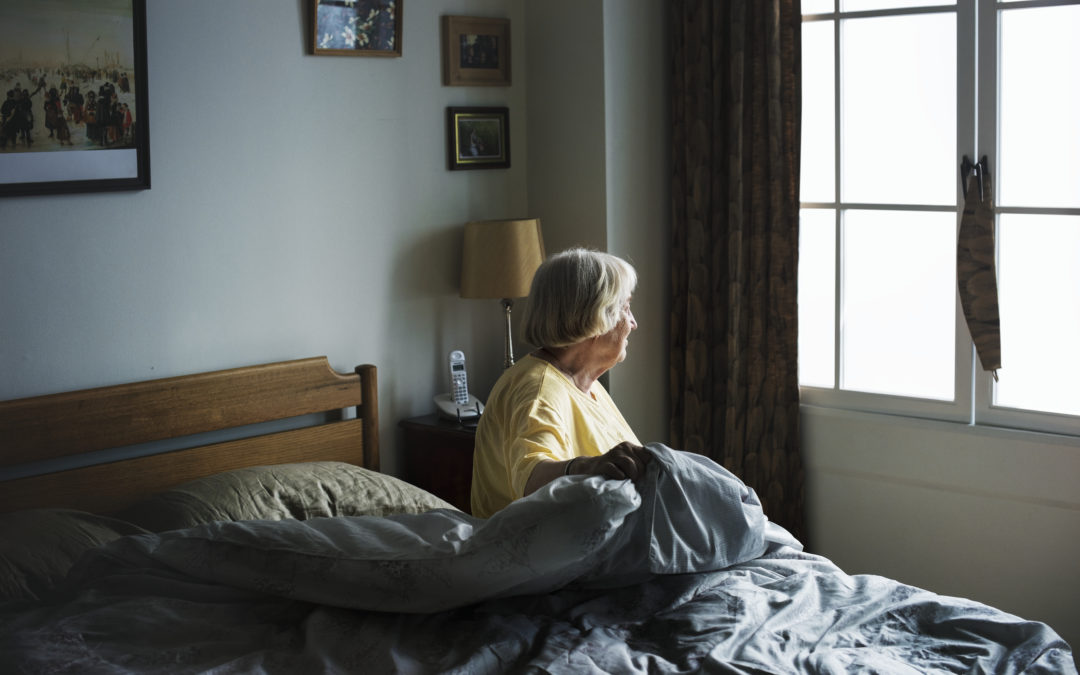Nursing Home Report Reveals a System Badly in Need of Reform: A report of American nursing homes says cycles of deficient care, poor nursing home infection control, and low staffing that contribute to nursing home neglect will continue unless significant changes are implemented.
According to a recent U.S. News and World Report article that focuses on a new report from the National Academies of Sciences, Engineering, and Medicine, the poor care, inadequate staffing, and baffling funding of American nursing homes demonstrate an industry in desperate need of comprehensive revamping.
Released in April, NASEM’s 605-page report reveals a number of areas in which the nursing homes have been found lacking, and while some immediate changes are desperately needed to improve the quality of nursing home safety, others cannot be implemented without planning, coordination and cooperation, not to mention financing. As the article says, how the NASEM report might inspire real change for decades-old issues remains to be seen.
Nursing home report reveals a system badly in need of reform with finding’s and suggestions for improvement including:
- Insufficient, Poorly-Trained, and Poorly-Compensated Nursing Home Staffing: The report calls on the Centers for Medicare & Medicaid Services (CMS) to, in the short-term, implement staffing requirements, and in the long-term, set education and competency standards for nursing home workers. NASEM also feels that funding provided by the U.S. Department of Health and Human Services (HHS) could be used to set optimal nursing home staffing levels for nurses, nurse aids, and other nursing home employees. Nursing home understaffing is linked to a range of issues related to nursing home neglect, such as nursing home falls, medication errors, bed sores, and other nursing home infections.
- Facilities that Contribute to the Spread of Nursing Home Infections: Shared residencies and communal bathrooms commonly found in nursing homes can set the stage for transmission of nursing home infections, like COVID-19, from which about 150,000 nursing home residents died during the pandemic. The report recommends implementing more private rooms to reduce the rate of nursing home infections while also improving residents’ quality of life.
- Poor Emergency Preparedness and Response: As highlighted by the devastation wrought by the pandemic, nursing homes need training and education toward, as well as assistance in, preparing for public health emergencies and other disasters that impact nursing home infection control and the safety of nursing home residents. Facilities should have ready access to personal protective equipment and other resources essential to nursing home safety and preventing the spread of nursing home infections.
- Insufficient Nursing Home Care Planning: The report calls for funding from federal agencies, academic institutions, and private foundations to research those factors that directly impact the physical, psycho/social, and behavioral needs of nursing home residents in order to deliver care that meets residents’ needs and preferences. CMS is also urged to ensure that nursing homes ascertain and record care plans and regularly review them. Certified electronic health records should be implemented to boost the facilitation of care.
- Poor Financing and Payment for Nursing Home Care: The report suggests that the U.S. Department of Health and Human Services investigate the creation of new long-term care financing outside of the Medicaid program that might better address costs for long-term nursing home care or extended stays. In order to boost quality of care, the report also recommends methods of linking payment to quality through new short- and long-term care payment models.
- Lack of Transparency and Accountability: Financial data regarding the ownership, finances, and operations of nursing homes should be made public, the report insists. Doing so will illuminate how federal payments are being spent and will reveal how different types of ownership and spending patterns affect quality of care. The report furthermore calls for heightened oversight of nursing homes by CMS; CMS should also make sure state agencies have the capabilities and resources to monitor homes and enforce regulations.
Making Quality of Care a Priority for Your Loved One
Determining the quality and safety of the Philadelphia/PA or NJ nursing home where your loved one lives is essential. Meeting health and safety standards and to ensuring the physical, mental, and psycho/social well-being of their residents is a requirement to which Pennsylvania and New Jersey nursing homes must adhere. Should you have concerns about the quality of care in a Pennsylvania or New Jersey nursing home, or if you suspect neglect, abuse, or fraud has occurred at the Pennsylvania, Philadelphia, or New Jersey nursing home where your loved one lives, please contact nursing home abuse attorney Brian P. Murphy to discover your legal rights and options.







